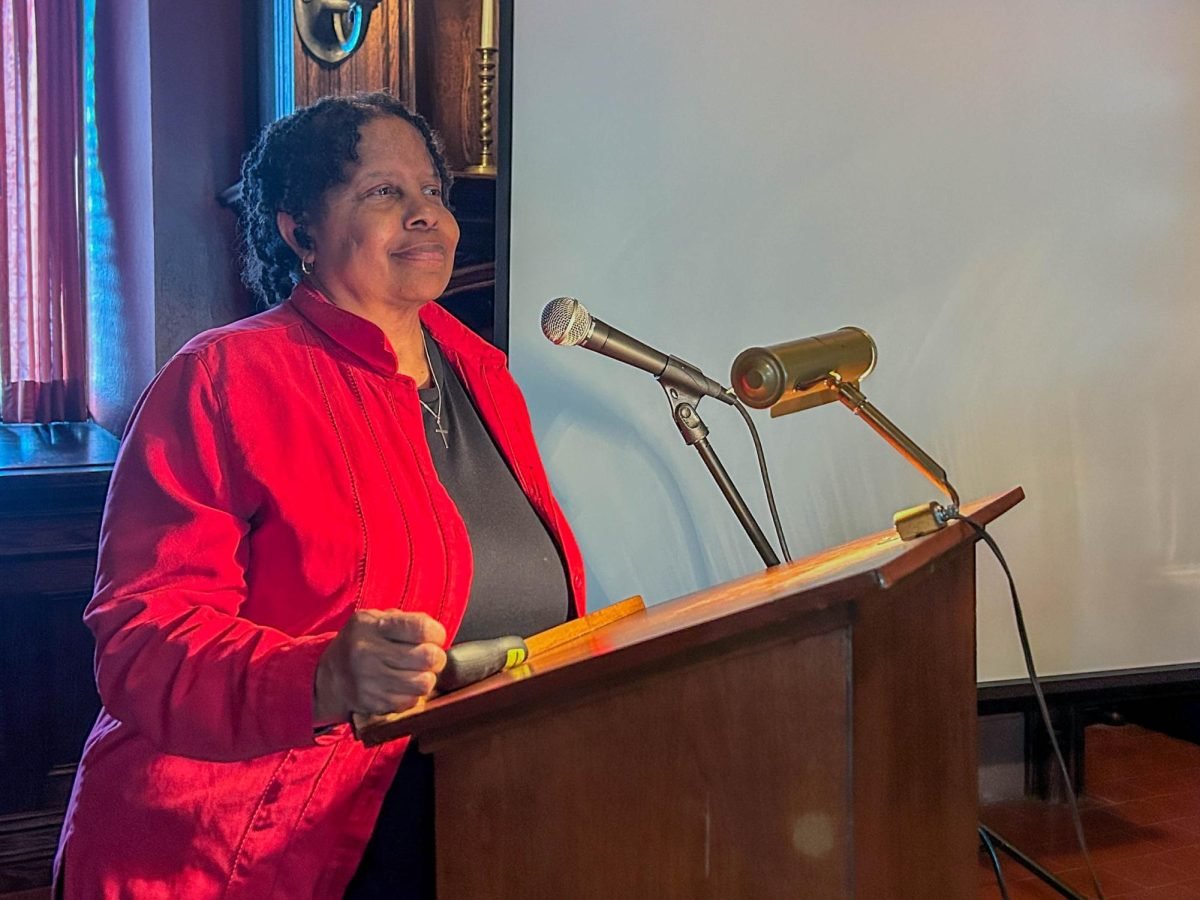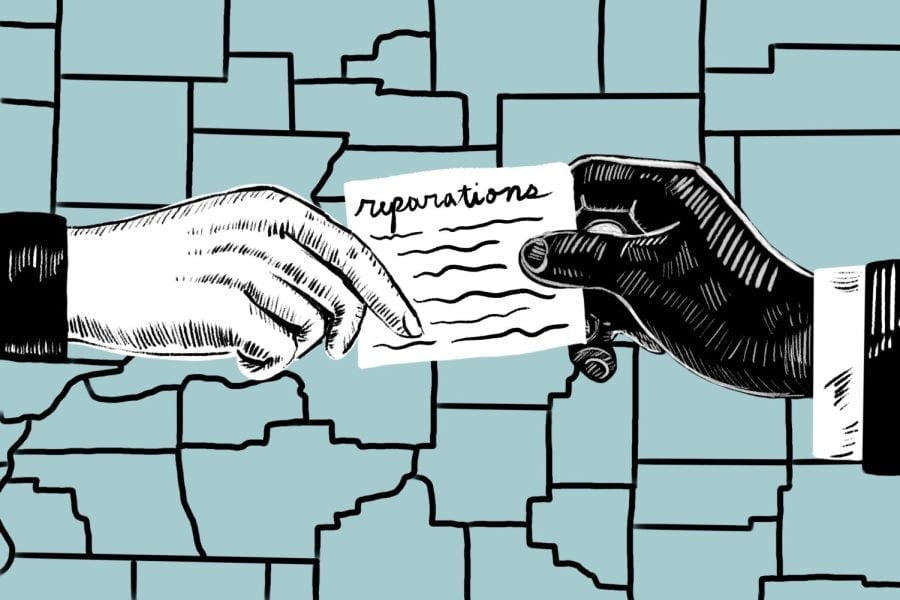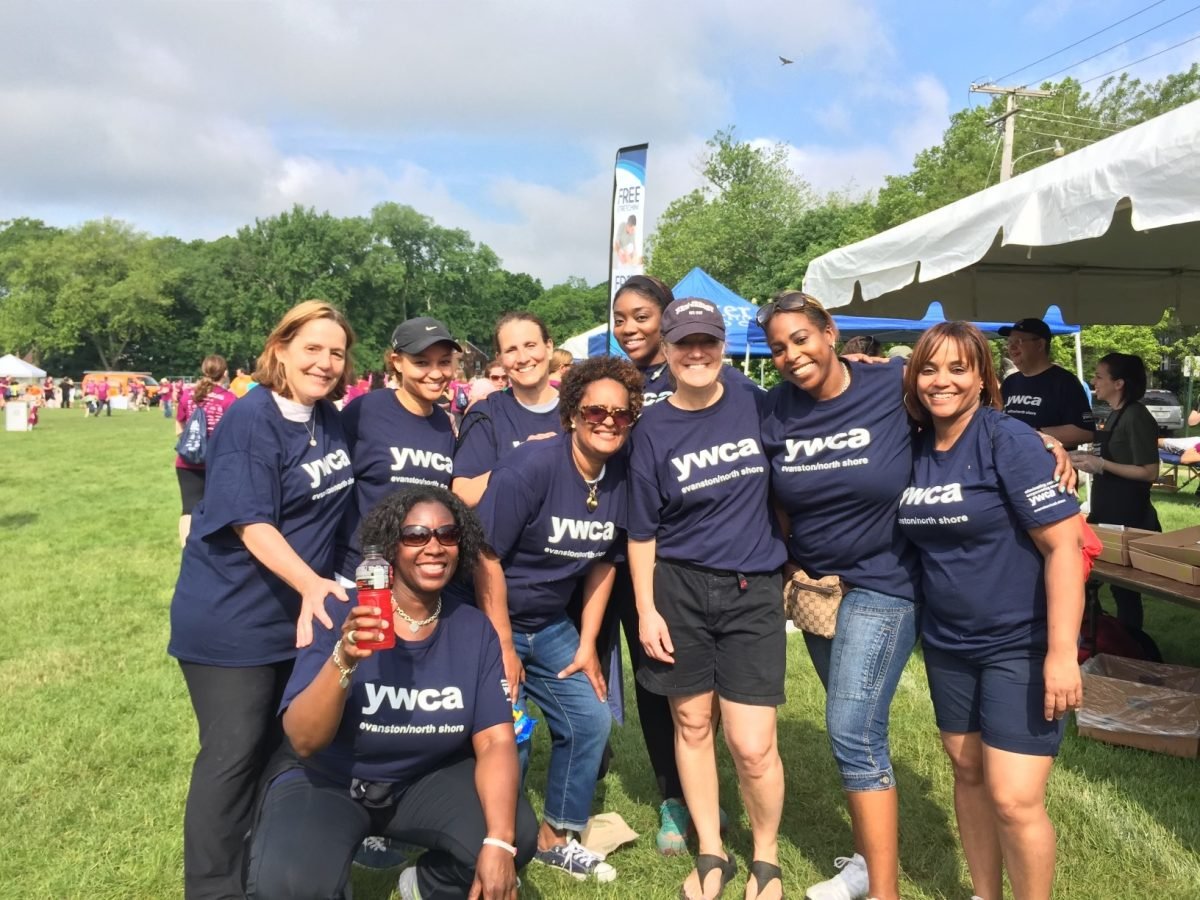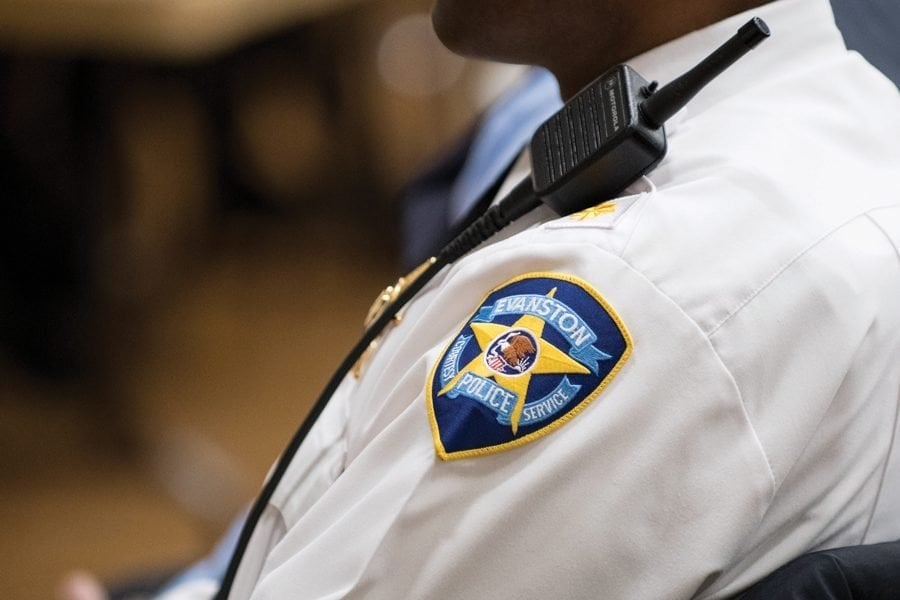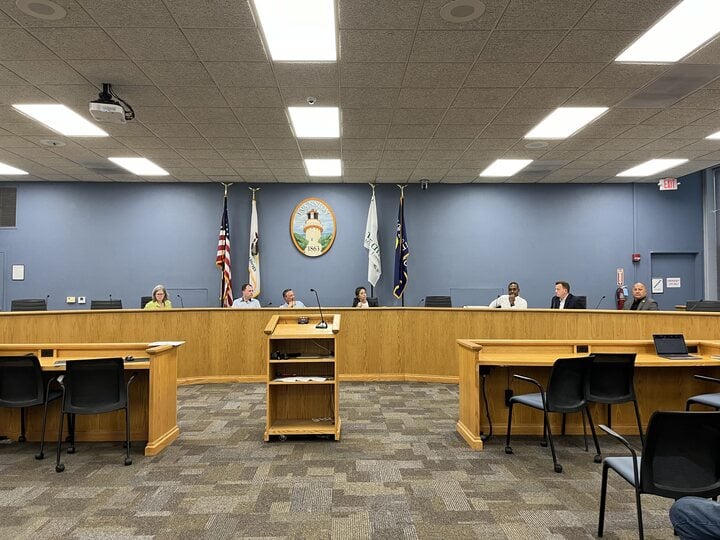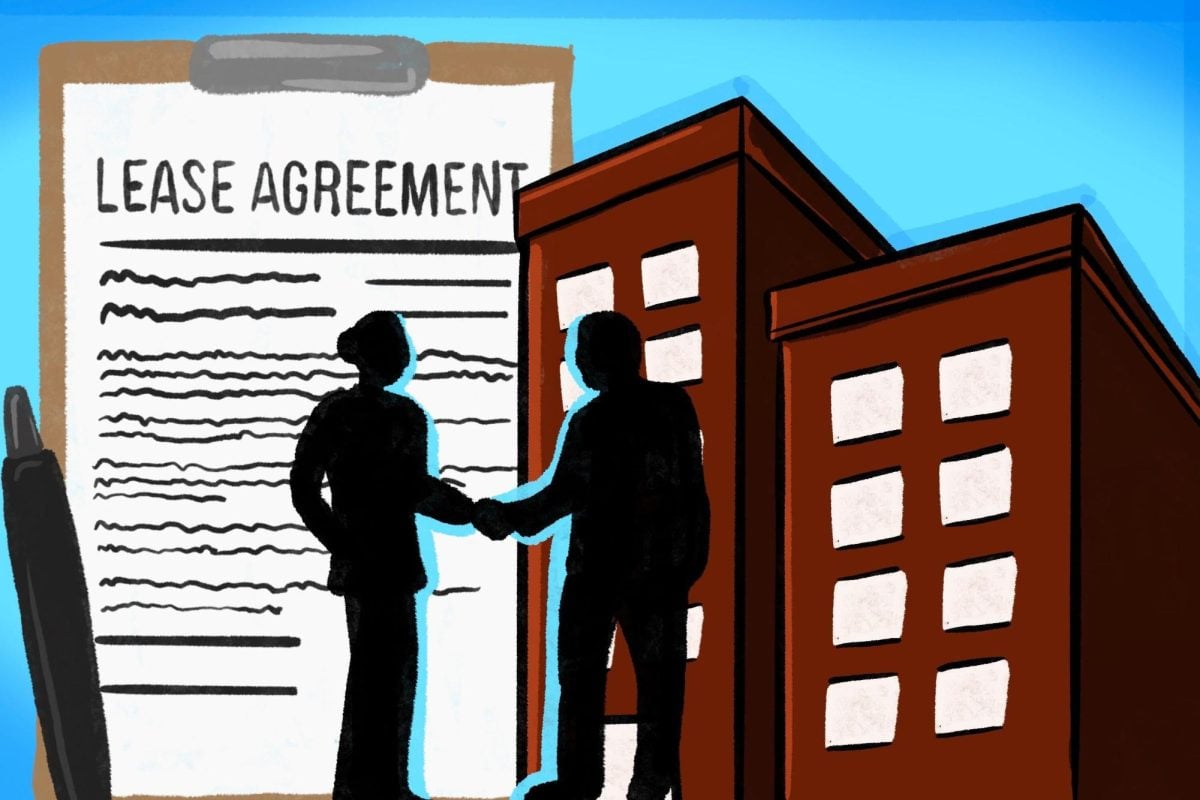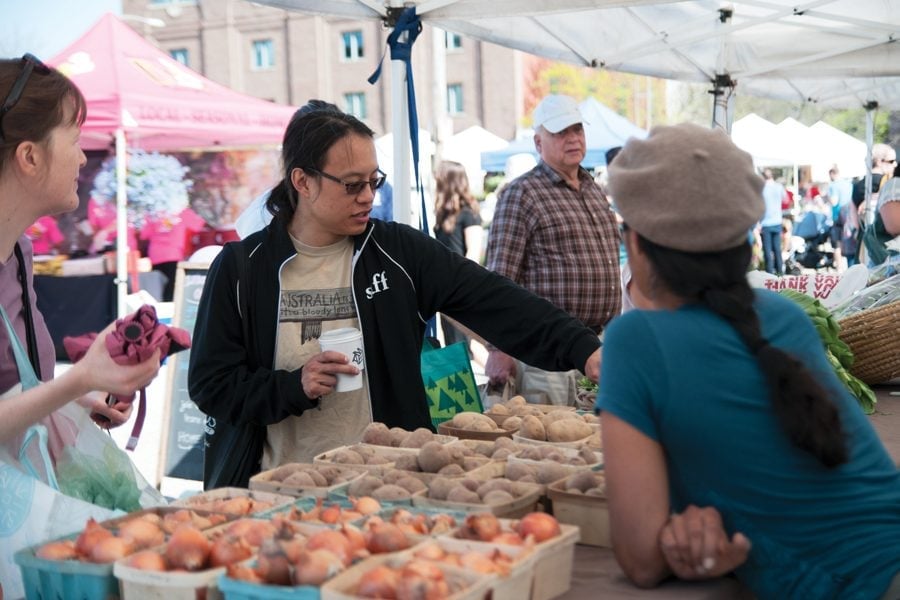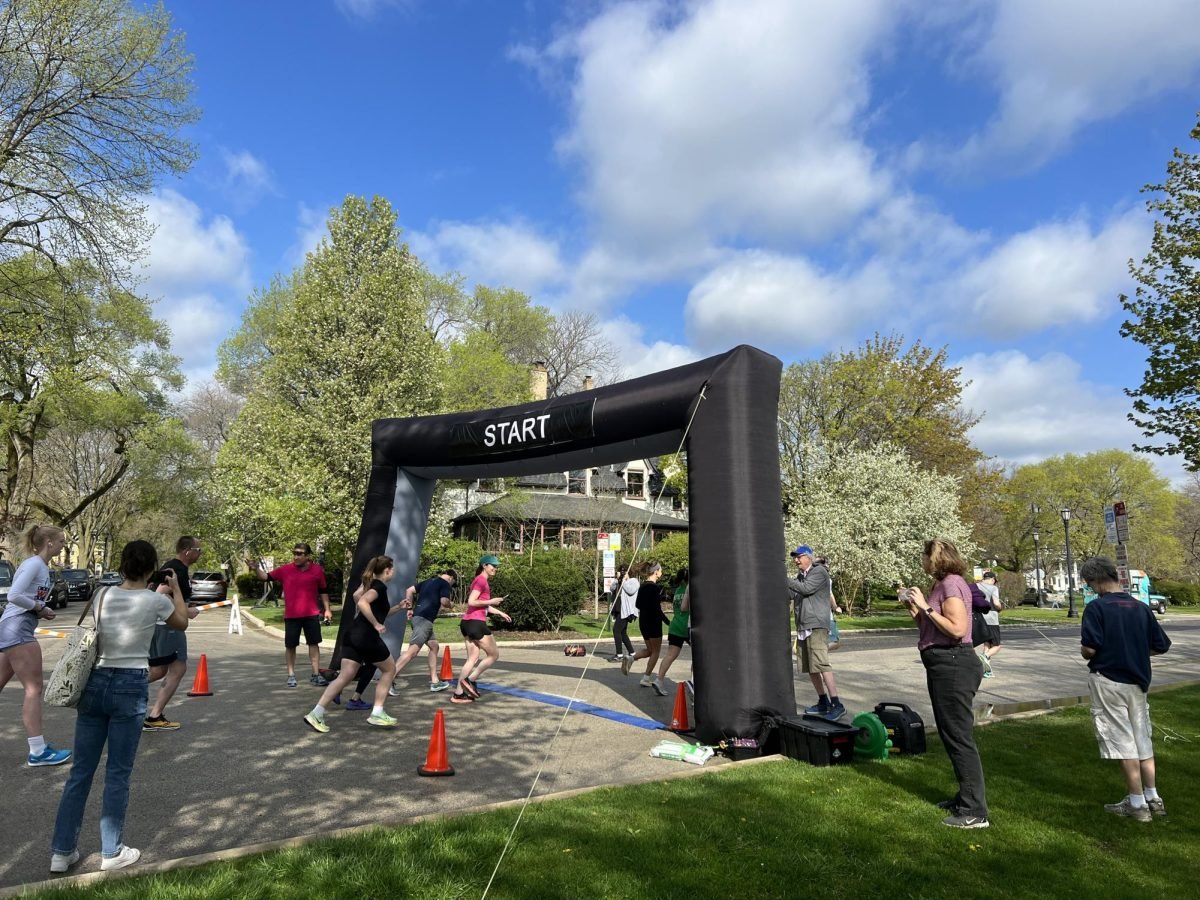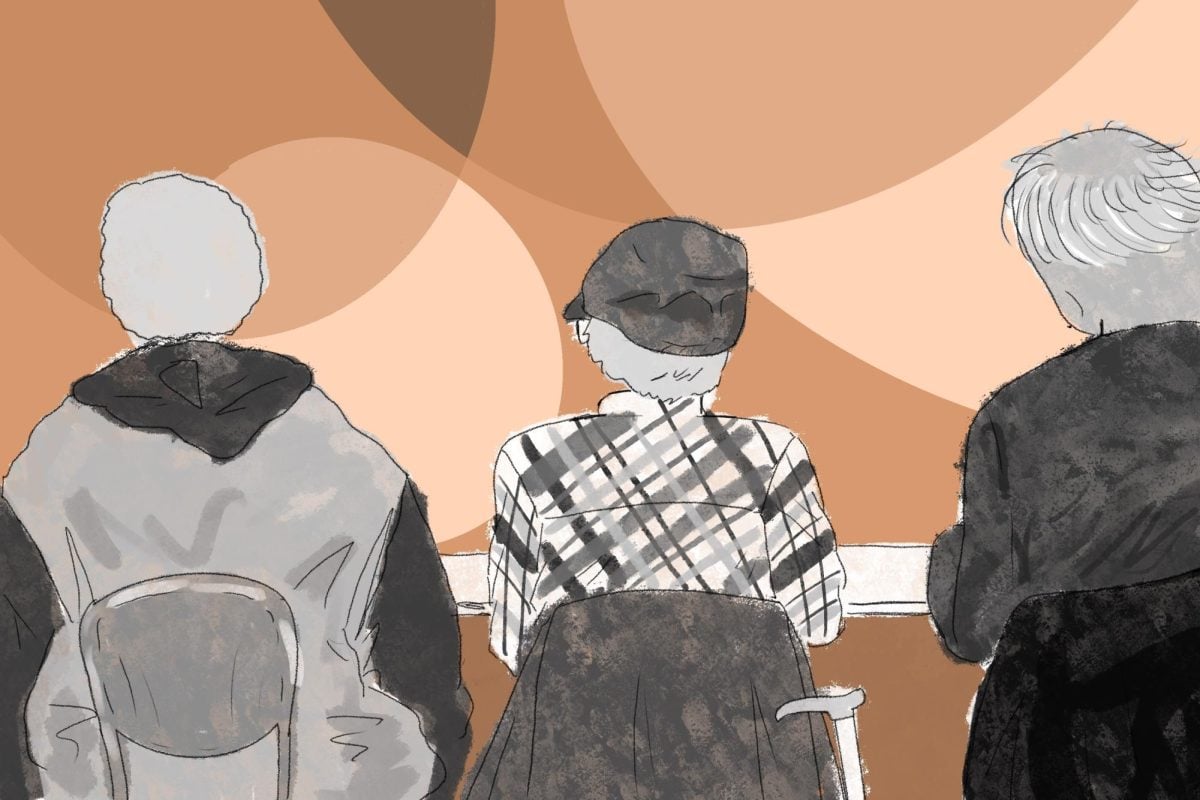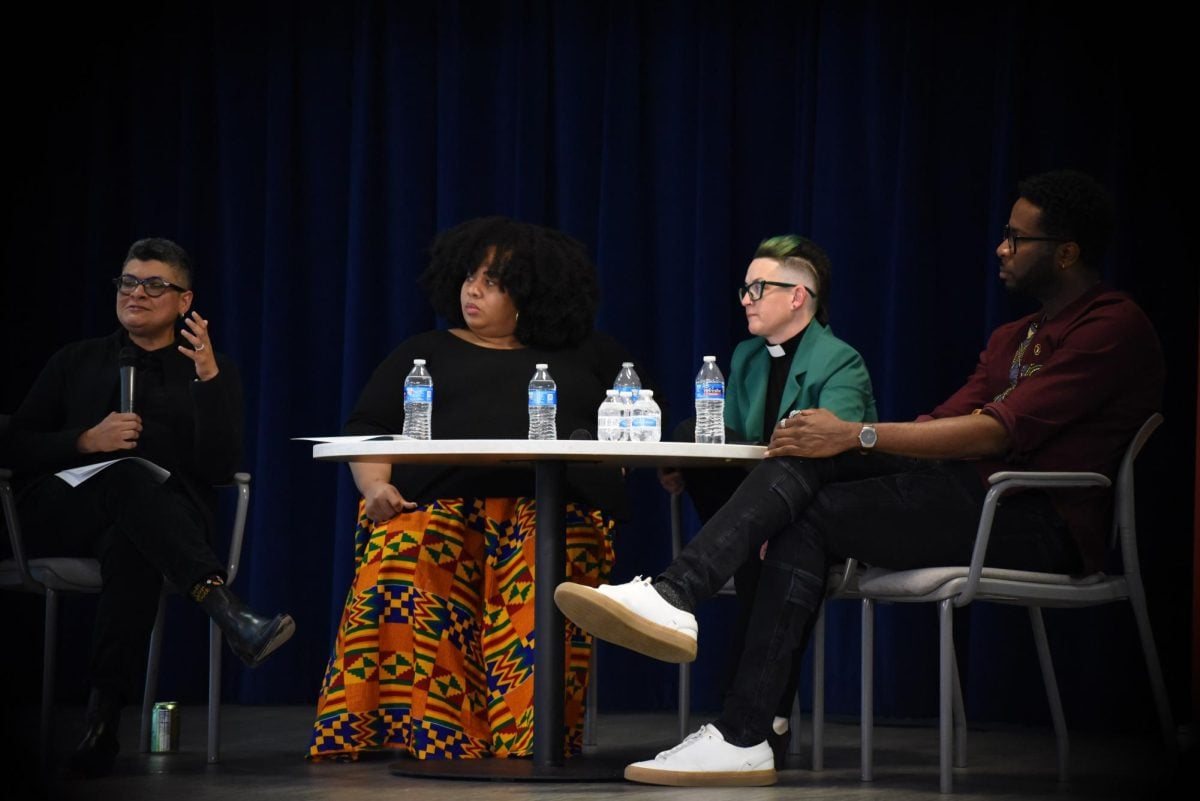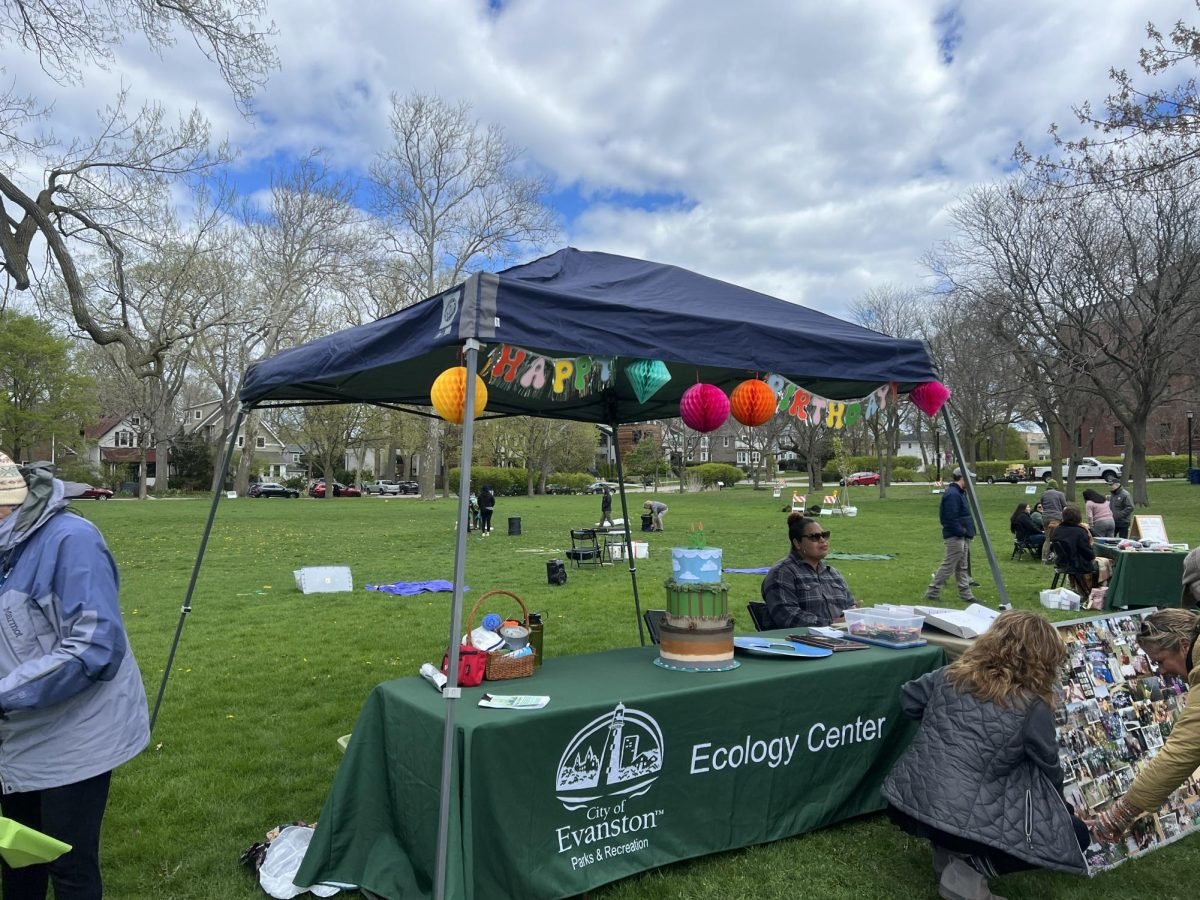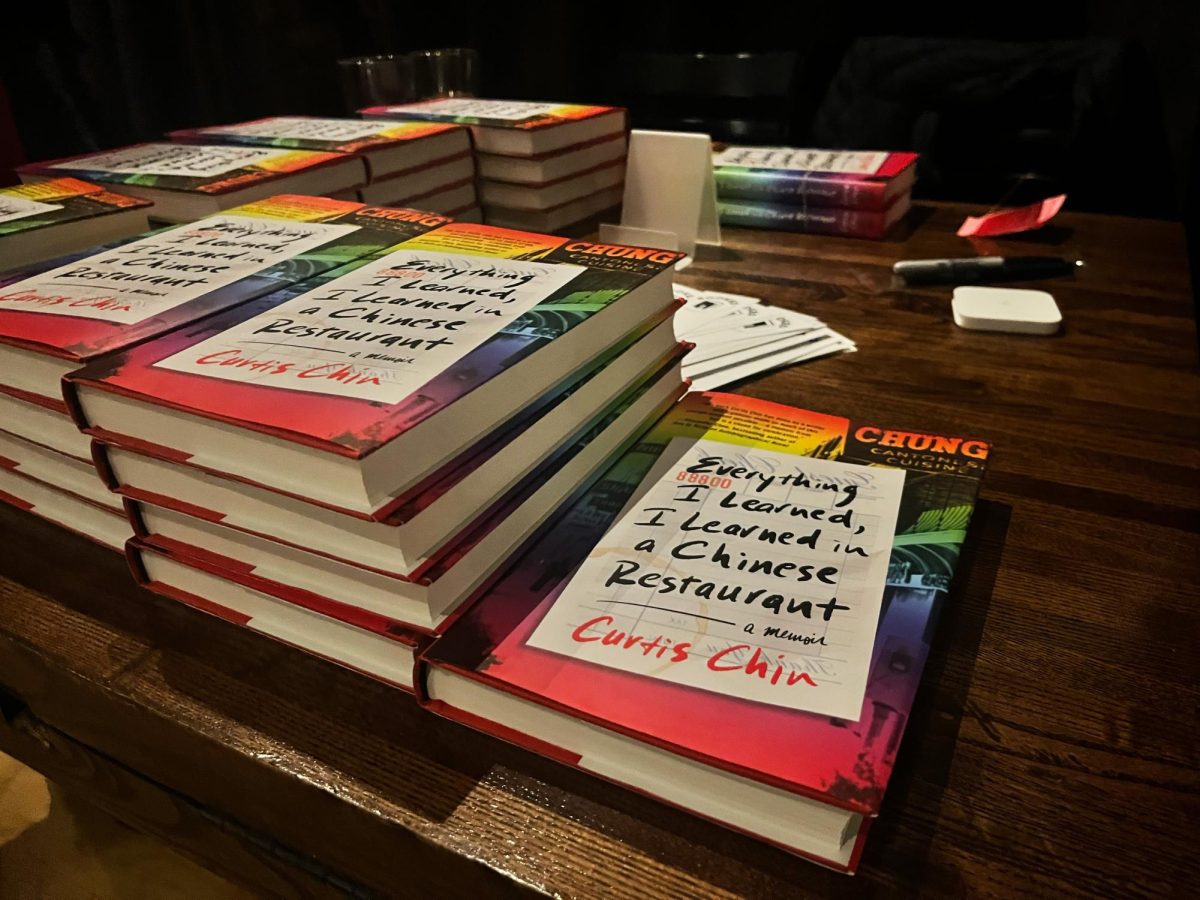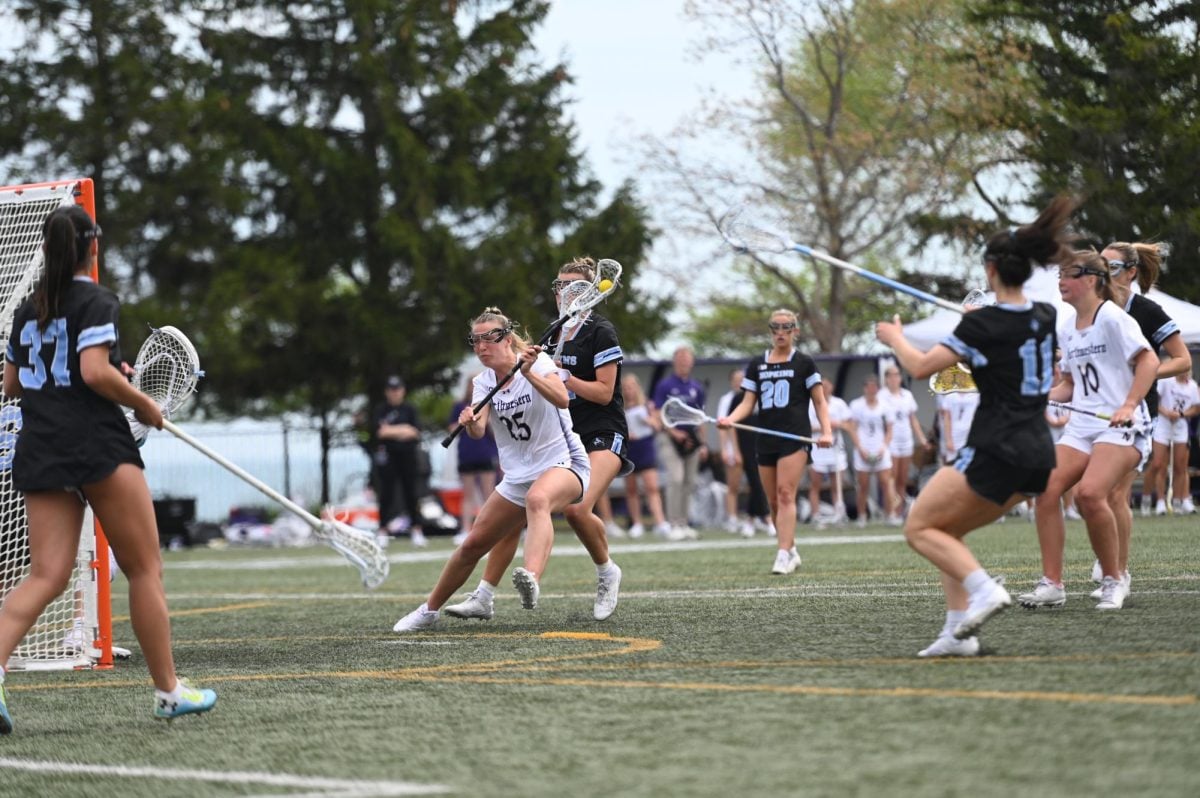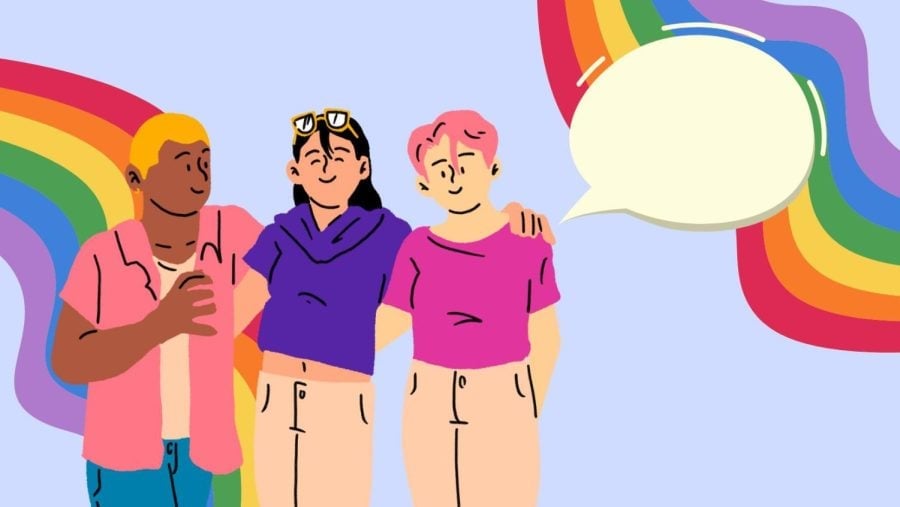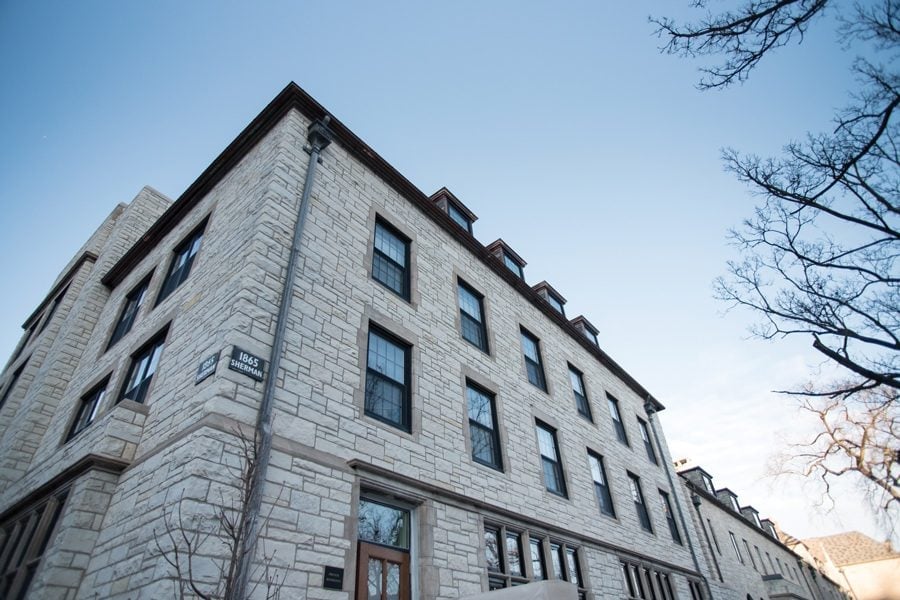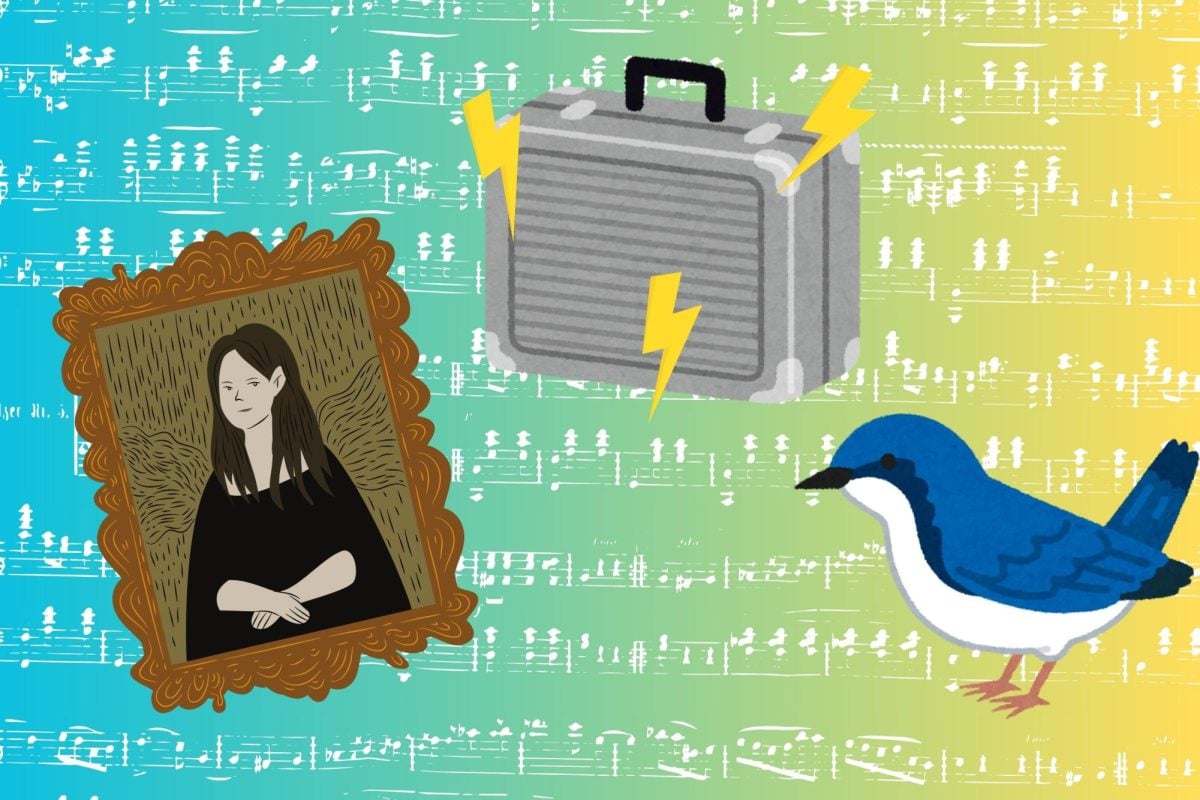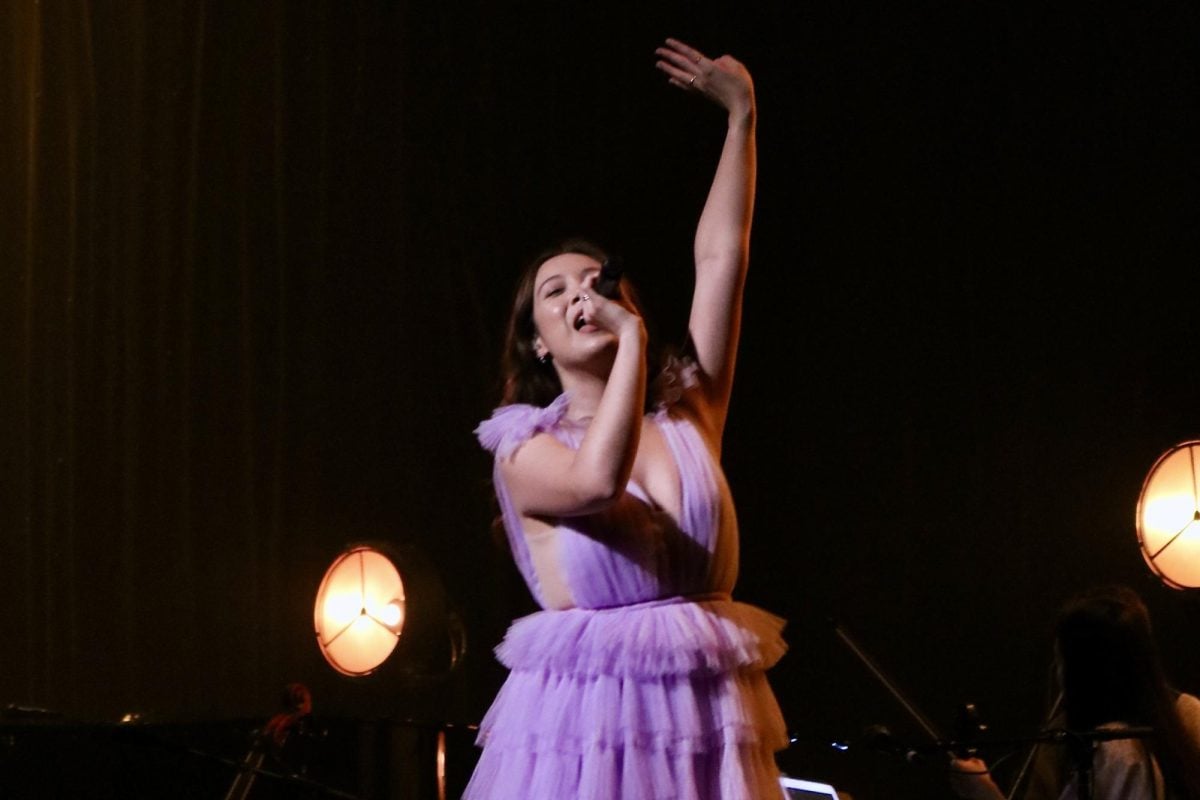More than 50 community members filled the Evanston History Center Thursday to hear historian Rhonda K. Craven present on Black health professionals in Evanston from the late 1800s to the 1930s.
Craven, who is the historian at the Second Baptist Church of Evanston, said she began researching the subject after noticing a name missing from an article about early Black medical and dental school graduates forwarded to her by a colleague.
“I immediately saw, ‘Wait a minute, William Garnett is not on this list. How did that happen?’” Craven said. Garnett was a Black dentist in Evanston featured in her presentation.
Garnett attended the Northwestern University Dental School, earning his Doctor of Dental Surgery in 1892. While school records from the period were incomplete, Garnett “may have been the first Black graduate of the dental school,” Craven said.
In eighth grade, Craven’s social studies teacher told her “history is everything that ever happened,” she said.
“I said, ‘Huh?’ But now I appreciate that,” Craven said. “A lot of times we don’t appreciate the significance of what we’re doing until after the fact.”
Since her initial discovery, she has “uncovered (more) people,” even beyond the ones she highlighted in her presentation, Craven said.
Craven often splits her time sorting through census documents, death records, and articles from the history center’s research room, other local archives, and many online sources.
“There’s such a rich history of Blacks in Evanston,” she said. “I think some people have a more limited viewpoint about all of that, but that’s part of why I like focusing on the earlier times.”
The free event is part of Evanston History Center’s lecture series on the city’s history from community partners, Director of Education Jenny Thompson said.
“When something comes together that you’ve been talking about for months and emailing about and then finally there it is, it’s kind of like a theatrical performance,” said Thompson, who helped organize Thursday’s event. “The curtain goes up, and it’s always got an energy because of the audience.”
In January the history center started hosting events for free instead of charging a $10 admission fee. The response since the switch has largely been positive for staff and for attendees, Thompson said.
Joan Borg, 79, said she is a frequent attendee of the events at the history center. Despite being an Evanston native, Borg didn’t know about the Black medical professionals Craven discussed coming into the talk, she said.
“I grew up here in Evanston, so I know some of the history and how some of it is not good — (that’s) the easy way to say it,” Borg said. “Sometimes as a white person, you make really false assumptions. So you need to keep your eyes open and your ears open to realize that your assumptions are not correct.”
The history center’s next event is on Thursday, Feb. 8 and will feature Larry McClellan lecturing about the Underground Railroad in Northeastern Illinois.
Through these lectures, Thompson said, people can better understand the world around them.
“It’s history, and knowing history is informing our present — knowing where we came from, seeing similarities, seeing challenges that are as a result of what happened in the past, seeing triumphs,” she said. “It resonates.”
Correction: The original version of this article misstated Craven’s position at the Second Baptist Church of Evanston. The article has also been updated to better reflect Craven’s involvement with the Evanston History Center. The Daily regrets these errors.
Email: [email protected]
Twitter: @CassieSunL
Related Stories:
— Black History Month events center Black wellness, community

